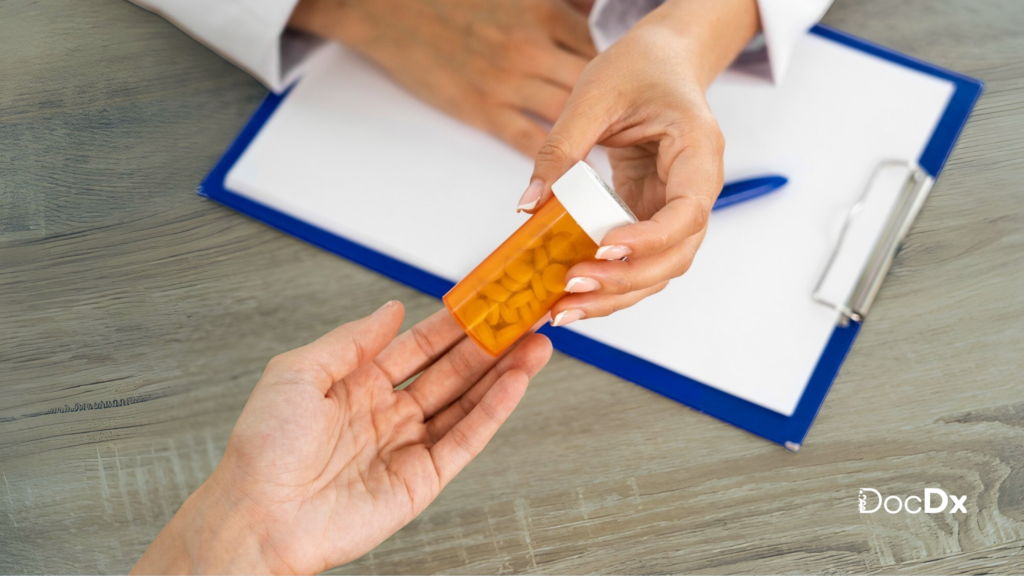Running out of your prescription medication can be stressful, especially if it’s something you rely on daily to manage your health. Whether it’s blood pressure medication, diabetes treatment, or antidepressants, staying on top of your refills is critical. But what happens if you suddenly realize you’re out—or will run out—today? Let’s walk through practical, safe steps you can take if you need a prescription refill urgently.
Why Timely Prescription Refills Matter
Medications prescribed by your healthcare provider play an essential role in managing chronic conditions, preventing flare-ups, and supporting your overall well-being. Missing even a single dose of certain medications—such as insulin, antidepressants, or blood pressure pills—can lead to health complications.
Refilling on time not only protects your health but also ensures you maintain a consistent treatment plan. Think of it like keeping your car fueled—you wouldn’t wait until it stops running completely before filling up.
Step 1: Contact Your Primary Care Provider
Your first step should always be reaching out to your primary care provider (PCP). Primary care clinics, such as DocDx Primary Care Services, often offer same-day prescription refills for established patients.
- Call your provider’s office directly and explain the urgency.
- Many clinics allow you to request refills through patient portals or apps.
- If you recently had a visit, providers can often authorize a short-term refill while processing your long-term prescription.
Step 2: Use Your Pharmacy’s Refill Options
Most pharmacies now offer convenient refill services through apps, websites, and even automated phone lines. If you’ve already run out, you may:
- Ask your pharmacy if they can provide a limited supply while waiting for approval from your provider.
- Use “emergency refill” options if your state laws allow it.
Pharmacists can sometimes provide a small supply (often 3–7 days) to prevent you from skipping critical doses.
Step 3: Plan Ahead for Chronic Medications
For patients managing long-term health conditions, running out of medication can happen more often than expected. If you’re living with diabetes, hypertension, or depression, you know how crucial consistent treatment is. Clinics like DocDx’s diabetes treatment services and depression treatment programs help patients manage care plans and prescriptions more smoothly.
Scheduling regular follow-ups ensures your prescriptions don’t lapse due to missed appointments.
Step 4: Check for Refill Synchronization Programs
Many pharmacies and clinics now offer refill synchronization, where all of your medications are scheduled for refill at the same time each month. This prevents missed doses and reduces last-minute refill emergencies.
Ask your provider during your next health screening appointment if this option is available for your prescriptions.
Step 5: What If You’re Traveling or Relocated?
Life happens—sometimes you’re away from home when you realize you’re out of medication. If that’s the case:
- Call your provider’s office. Many can send prescriptions electronically across state lines.
- Use a national pharmacy chain to transfer prescriptions between locations.
- If you recently moved, establishing care with a new provider as soon as possible is key. Clinics like DocDx accept patients for ongoing primary care, including prescription management.
Step 6: Emergency Situations
If your prescription is for a critical or controlled medication, such as those for ADHD or opioid addiction treatment, you may not be able to get an emergency refill at a pharmacy. For example:
- ADHD medications often require a new prescription each time. Providers may request an in-person ADD and ADHD evaluation before refilling.
- Suboxone and opioid addiction medications must follow strict guidelines. Clinics like DocDx Suboxone Treatment provide structured care and refill support under medical supervision.
In urgent cases, it’s best to contact your prescribing provider right away.
Step 7: Preventing Future Refill Emergencies
The best way to avoid the stress of running out is to build a proactive system:
- Set reminders on your phone a week before your prescription runs out.
- Use automatic refills if your pharmacy offers them.
- Schedule checkups ahead of time so your provider has all the information needed to renew prescriptions.
Regular visits, like annual checkups or chronic condition follow-ups, also allow your provider to adjust dosages, monitor side effects, and ensure your treatment is working effectively.
Conclusion
Needing a prescription refill today can feel overwhelming, but you have options. Start with your primary care provider, then lean on pharmacy services, synchronization programs, and proactive scheduling to stay on top of your medications. By treating your prescriptions as an essential part of your health plan, you protect your well-being and avoid unnecessary complications.
If you find yourself running into refill issues often, it might be time to talk with your provider about strategies to streamline your care and prevent future emergencies.




